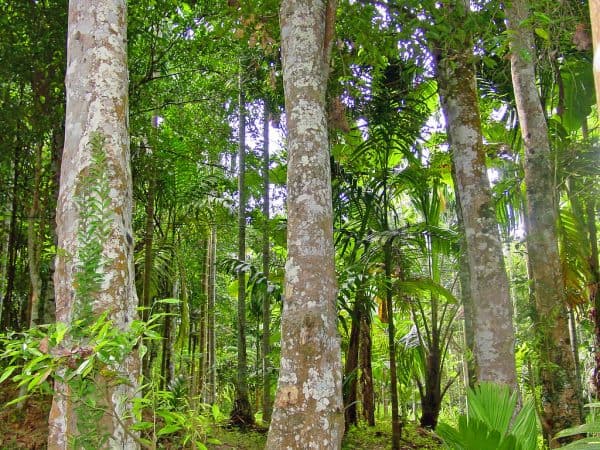
Agarwood Business: Tapping into the Fragrance Market
In recent years, the global demand for agarwood, also known as “oud” or “gaharu,” has been steadily rising. Derived from the Aquilaria tree, this rare and aromatic resin has found applications in traditional medicine, religious ceremonies, and the fragrance industry. Now, the Philippines is emerging as a key player in the agarwood business, as entrepreneurs and investors are increasingly recognizing its potential.
The Growing Demand for Agarwood
Undoubtedly, the unique fragrance and versatile applications of agarwood have contributed to its escalating demand. In the Philippines, a country blessed with a conducive climate for Aquilaria tree cultivation, the agarwood industry is gaining prominence. Entrepreneurs and investors are redirecting their focus to explore the untapped potential of agarwood business in this tropical paradise.
Cultivation of Aquilaria Trees
To harness the benefits of agarwood production, entrepreneurs can establish agarwood plantations in the Philippines. The country’s ideal conditions, including a tropical climate and well-drained soil, make it a suitable environment for cultivating Aquilaria trees. Ensuring sustainable and responsible practices in cultivation not only secures a valuable resource but also aligns with environmental conservation efforts.
Economic Opportunities
The agarwood business, with its entire value chain from cultivation to processing and marketing, emerges as a catalyst for economic growth in the Philippines. Jobs are created, and economic opportunities abound, benefiting small-scale farmers and entrepreneurs. Participating in the agarwood industry can contribute significantly to income generation and, consequently, the country’s overall economic development.
Harvesting and Processing
Harvesting and processing agarwood require specific skills and expertise to ensure the highest quality end product. The resin’s unique fragrance is a result of specific conditions, often triggered by natural events or injuries to the Aquilaria tree. Understanding and mastering this intricate process is crucial for entrepreneurs entering the agarwood business.
READ: Tips for Starting Your Own Business
Challenges and Sustainability
However promising, the agarwood business in the Philippines faces challenges such as illegal logging and unsustainable harvesting practices. Overcoming these challenges requires a concerted effort, with government regulations and stakeholder involvement playing pivotal roles. A commitment to responsible cultivation and harvesting methods is essential to ensure the long-term sustainability of the agarwood industry.
Global Market Trends
Against the backdrop of these challenges, the global agarwood market continues to expand. The Philippines, with its rich natural resources and potential for sustainable practices, can position itself as a significant player in this global market. Entrepreneurs looking to capitalize on the growing demand for agarwood must navigate the market trends strategically and emphasize sustainable practices.
The agarwood business in the Philippines not only offers economic opportunities but also presents a chance for environmental conservation. Entrepreneurs and investors must prioritize sustainable practices and responsible cultivation methods to secure the longevity of the agarwood industry. With the global demand on the rise, the Philippines stands at the threshold of establishing itself as a key player in this lucrative and aromatic business.
